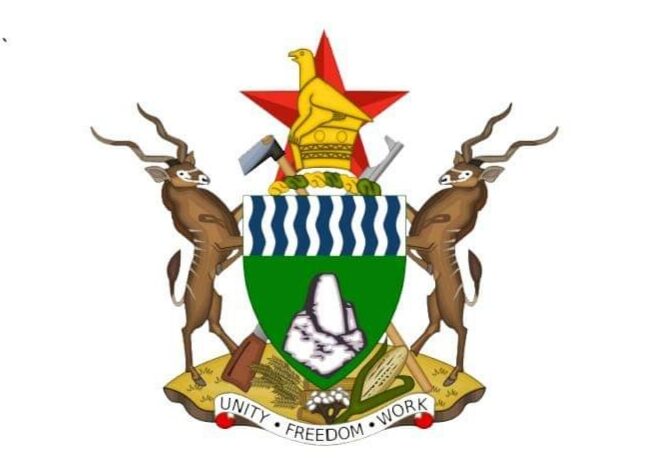5 Zimbabwean Laws You Should Know About

Understanding the legal landscape of any country is crucial for residents and visitors alike to ensure compliance and protect their rights. In Zimbabwe, a nation with a rich legal heritage influenced by British common law and indigenous customs, several key laws shape various aspects of daily life. Here are five essential Zimbabwean laws you should know about:
1. The Constitution of Zimbabwe
The Constitution of Zimbabwe, adopted in 2013, serves as the supreme law of the land, providing the framework for governance, the protection of fundamental rights, and the distribution of powers among state institutions. It guarantees various civil liberties, including freedom of expression, assembly, and religion, while also establishing mechanisms for the separation of powers and the protection of the rule of law. Understanding the provisions of the Constitution is essential for safeguarding individual rights and holding government accountable.
2. The Labour Act
The Labour Act regulates employment relationships in Zimbabwe, covering issues such as working conditions, wages, termination of employment, and dispute resolution. It sets out minimum standards for employment practices, including provisions related to hours of work, overtime pay, and maternity leave. Employers and employees alike should familiarize themselves with the rights and obligations outlined in the Labour Act to ensure fair and equitable treatment in the workplace.
3. The Criminal Law (Codification and Reform) Act
The Criminal Law (Codification and Reform) Act consolidates various criminal offenses and their corresponding penalties in Zimbabwe. It defines crimes such as theft, assault, fraud, and murder, as well as the procedures for investigation, prosecution, and punishment. Understanding the provisions of this law is essential for both residents and visitors to avoid engaging in unlawful behavior and to navigate the criminal justice system effectively.
4. The Indigenisation and Economic Empowerment Act
The Indigenisation and Economic Empowerment Act seeks to promote the participation of indigenous Zimbabweans in the country’s economy by requiring certain businesses to meet specified ownership and empowerment targets. While the implementation of this law has evolved over the years, understanding its provisions and compliance requirements is essential for businesses operating in Zimbabwe, particularly those in sectors designated for indigenization.
5. The Marriages Act
The Marriages Act governs the legal framework for marriage in Zimbabwe, including the requirements, procedures, and consequences of different types of marriages. It recognizes various forms of marriage, including civil marriages, customary marriages, and religious marriages, each with its own legal implications. Understanding the requirements for marriage registration and the rights and responsibilities of spouses under the Marriages Act is essential for couples planning to tie the knot in Zimbabwe.
Navigating the legal landscape of Zimbabwe requires an understanding of these key laws and their implications for individuals, businesses, and society as a whole. By familiarizing themselves with these essential legal frameworks, residents and visitors can ensure compliance, protect their rights, and contribute to a more just and equitable society.




